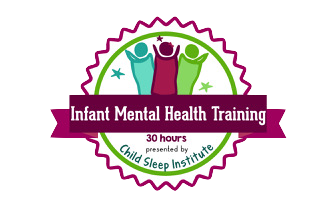|
Get expert tips for minimizing jet lag in children during international travel, ensuring your family's trip is enjoyable and restful. Traveling across time zones with your little ones? You might be bracing for the dreaded jet lag that can turn your dream vacation into a sleep-deprived slog. But fear not, dear parents! Minimizing jet lag in children isn't just a fantasy; it's entirely doable with savvy planning and a sprinkle of patience. Understanding Jet Lag in Children First things first: What is jet lag, and why does it turn our adorable angels into cranky gremlins? Jet lag happens when our internal body clock is out of sync with our time zone, making maintaining sleep routines a real challenge. That can be particularly unsettling for kids whose routines are as sacred as a cherished bedtime story. Unlike adults, children have different sleep needs and may struggle to express discomfort or tiredness, making jet lag a bit trickier to manage. When their internal clocks get muddled, so does their ability to fall asleep and wake up at the usual times. It's not just about a few groggy mornings or early nights; jet lag can unsettle their sleep habits for days, sometimes longer. That’s why understanding how it affects kids is crucial. It’s about more than just being sleepy at the wrong hours; it’s about keeping their sleep rhythms in tune. Let's explore how you can effectively do just that! Preparing Before the Flight Our journey to minimizing jet lag in children begins before we set foot on the plane. So, as you pack up for an international adventure or prepare for an international move, remember that getting ready for jet lag is an essential part of your travel itinerary. That is particularly important if you’re planning a permanent stay. While you can hire professionals to help you relocate abroad with ease, they won’t be able to help with your little ones. So, start by tweaking your child’s bedtime a few days before your flight. If you're moving across time zones permanently, this becomes even more vital. In addition, educate them about jet lag in a fun and engaging way, perhaps turning it into a bedtime story about traveling worldwide. These preparatory steps set the stage for a successful transition to a new home and routine. Minimizing Jet Lag in Children During the Flight Up in the air, it's all about balance. On the one hand, you must keep the kids occupied. On the other hand, you must strategically manage their sleep. If it's nighttime at your destination, encourage them to snooze. Make their travel environment cozy – think soft blankets, comfortable pillows, and perhaps a favorite storybook. Minimizing jet lag means balancing sleep with wakefulness on the plane. Offer quiet activities and avoid too much screen time, as the blue light from devices can mess with their sleep hormones. Every bit of sleep they get on the plane is a step towards a smoother adjustment to the new time zone, making your journey a little more relaxed and enjoyable. Upon Arrival: Embracing the New Time Zone Once you touch down, the real magic begins. Now's the time to embrace your new time zone with open arms. The key to a smooth transition? Dive straight into the local rhythm. If it's day, encourage the kids to bask in the sunlight; it's nature's way of resetting our internal clocks. And when night falls, mimic their usual bedtime routine to signal to their little bodies that it's time to wind down. Also, adjusting sleep schedules upon arrival is essential, and it’s okay if things are a bit topsy-turvy at first. Those first few nights might involve extra cuddles or a story more, but consistency will soon pay off. Try to limit naps to short bursts - think power naps - to avoid a midnight party in pajamas. And when evening comes, dim the lights to encourage their bodies to wind down. Patience, consistency, and a dash of understanding go a long way in helping your family settle into the new time zone. Maintaining Healthy Sleep Habits Consistency is your golden ticket. Maintaining a regular sleep schedule is vital, even when it feels like your internal clocks are playing pinball. Above all, kids thrive on routine, so even if you're in a different time zone, their bodies will appreciate the familiarity of a set bedtime. Balancing rest with activities is also crucial. Too much downtime can make it harder for them to fall asleep at night. Plan some light, engaging activities that aren't overly stimulating to keep them moving and grooving at the right times. Dealing with Challenges Tackling jet lag's quirks can sometimes feel like solving a puzzle, especially with children. Expect a mix of sleepy mornings and wide-awake nights, but don't let that dampen your spirits. Keep the lines of communication open – chat with your kids about how they're feeling and reassure them that it's perfectly normal to feel a bit topsy-turvy after a trip. If you find jet lag stubbornly overstaying its welcome, causing significant sleep disruptions, it might be time to consult an experienced pediatric sleep consultant. They can offer tailored strategies that are just right for your child's unique needs. And remember, every child is different; what works for one may not for another. So, stay adaptable, experiment with different techniques, and soon, you'll find the perfect recipe for easing your family back into a peaceful night's sleep. Conquering jet lag is about teamwork, patience, and some sleep-science magic. Returning Home: Reclaiming Your Routine Once your globe-trotting adventure wraps up, it's time to nudge your family's sleep schedule back to the familiar territory of your home time zone. Begin by gently adjusting bedtimes and wake-up times closer to your usual routine. That might mean a bit of bedtime negotiation and some early birds waking up before the sun, but consistency here is key. Keep in mind that your little ones' internal clocks might be a tad sluggish in readjusting, so patience and a steady routine are crucial. Create a calming bedtime environment to encourage quicker readjustment – think soft lights, soothing music, and perhaps a favorite bedtime story. Don’t forget to keep daytime naps in check; too much daytime snoozing can make nighttime sleep elusive. Above all, keep in mind that it's a gradual process. It might take several days, but with persistence and understanding, your children will eventually resettle into their normal sleep patterns. So, keep the faith; soon enough, your household's rhythms will be humming along just like before your journey.
Sweet Dreams in Any Time Zone And there you have it, dear parents! Jet lag doesn't have to be the monster under the bed. With some preparation, in-flight savvy, and a hearty dose of patience, minimizing jet lag in children is achievable. Every family's journey is unique, so find what works best for you and your little travelers. Here's to sweet dreams, no matter the time zone! Photos via: Pexels Unsplash Pexels Pexels Understanding Co-regulation Co-regulation refers to the process where an adult helps a child manage and understand their emotions and behaviours. This is especially crucial in young children who are still developing self-regulation skills. By providing a calming presence and demonstrating healthy emotional responses, adults can guide children in managing their own emotions. Importance in Managing Bedtime Anxiety Bedtime can be a source of heightened anxiety for many young children. Fears of the dark, separation from parents, or simply the transition from day to night can be overwhelming. Co-regulation provides a structured and comforting presence that can alleviate these anxieties. How to Implement Co-regulation
Conclusion Co-regulation is not only about managing a child’s immediate anxiety; it's also about teaching them lifelong skills in emotional regulation. By practicing these techniques, parents and caregivers can provide a supportive environment that helps young children navigate their anxieties, especially at bedtime, leading to more peaceful nights and a stronger emotional foundation. AuthorErin Neri - Certified Pediatric Sleep Consultant and Owner of To The Moon and Back Sleep Consulting since 2016. Debunking Myths: The Truth About Cereal in a Baby's Bedtime Bottle
As an infant sleep expert, I want to clarify a common belief among parents: adding cereal to a baby's bedtime bottle to help them sleep longer. This practice is not only ineffective but can also be harmful to your baby's health and sleep patterns. Understanding Sleep and Nutrition The idea that cereal in a bottle will make a child feel fuller and sleep longer at night is a misunderstanding. A baby's ability to sleep through the night is more about their developmental stage and their ability to self-soothe, rather than the amount of food consumed before bedtime. The Risks of Early Introduction of Solids Introducing solids, including cereal, too early can be risky for your baby:
The Role of Sleep Props Often, the issue with a baby's sleep is their reliance on sleep props, such as feeding or rocking, to fall asleep. Teaching babies to fall asleep independently is key to helping them sleep through the night. Caloric Considerations Adding a tablespoon of baby cereal to a bottle adds about 57.2 calories. This slight increase in calories is unlikely to significantly affect a baby's sleep duration. Sleep quality and duration are influenced more by sleep habits and developmental stages than by a small increase in caloric intake. In Conclusion In essence, adding cereal to a baby's bedtime bottle is not advisable. It doesn't contribute to longer sleep and can pose health risks. Fostering good sleep habits and allowing your baby to self-soothe are far more effective for healthy sleep patterns. Always consult with a pediatrician before changing your baby's diet or sleep routine. Remember, each baby is unique and may have different needs. For many new parents, the quest for the perfect night's sleep for their little ones is a top priority. Enter pink noise – a sound that's rapidly becoming a favourite in the baby sleep toolkit. But what is pink noise, and how can it help in a baby's room?
**What is Pink Noise?** Unlike its popular cousin, white noise, which sounds like static or a TV tuned to an unused channel, pink noise is deeper and more balanced. Imagine the rustling of leaves, consistent rainfall, or a steady heartbeat – that’s pink noise. It's often described as more natural-sounding and less harsh than white noise. **The Science Behind Pink Noise** Research suggests several potential benefits of pink noise:
**Safety of Using Pink Noise for Babies** From the available research, pink noise appears safe for babies. However, a few precautions should be observed:
**Top-Rated Pink Noise Machines**
For parents looking to create a serene sleep environment for their baby, pink noise can be an effective tool. It masks jarring sounds, maintains a consistent ambiance, and may even enhance deep sleep stages. Please reach out as I am happy to discuss any concerns or questions about your baby's sleep patterns. Discover how to make bedtime a breeze with our guide. Expert tips for adapting children’s familiar sleep routines to your new home! Are bedtime battles turning your move to a new home into a sleepless saga? Fear not, weary parents! In this delightful guide, we're diving headfirst into the enchanting world of adapting children's familiar sleep routines to your brand-new abode. Moving house with little ones can be difficult, but fret not – we've got your back! We'll show you tips for adapting children's familiar sleep routines to your new home. Say goodbye to restless nights and hello to the land of peaceful Zzzs – let's begin this enchanting adventure together! Preparing for the Move To Your New Home Firstly, let's talk about the art of communication. Share the excitement and explain why this new chapter in your family's story is a thrilling one. Remember, they're part of the team, and their input matters! Now, when it comes to packing, involve your mini sidekicks in the process. Therefore, let them choose their favorite toys or items to carry with them on this fantastic voyage. Their sense of ownership will also help them feel more connected to the relocation and less like passengers on a spaceship. Furthermore, let's chat about schedules. Plan ahead and try to keep daily routines intact as much as possible. Hiring movers is the way to go when you're moving to Canada. If you have assistance with your relocation, you can spend more time guiding your children through the process. Familiarity is your secret weapon in taming the moving monster. A sense of predictability can soothe those pre-move jitters and provide stability amid the whirlwind of change. Advice for Moving with Kids to Your New Home Timing is everything; finding that sweet spot in your family's schedule can make all the difference. So, opt for a period when school or other routines are less demanding, minimizing disruptions and ensuring your little adventurers are ready for the journey. Now, let's talk about selecting child-friendly moving services. Look for companies with family moves experience, kid-friendly amenities, and maybe even some snacks to fuel their enthusiasm. Overall, the right-moving team can turn your move into a remarkable voyage of discovery. Lastly, don't forget the essentials bag – your golden ticket for the first night in the new home. Pack it with all the treasures your children hold dear: their favorite stuffed animals, beloved bedtime stories, and maybe even a surprise treat. This bag is like Mary Poppins' carpet bag, holding everything they need for a cozy, reassuring night's sleep in their new surroundings. So, as you navigate this kid-centric moving adventure, remember that timing, child-friendly movers, and a well-packed essentials bag are your secret weapons. Arrange Your Children’s Room and Create a Comfy Sleep Environment Unpacking and arranging the children's rooms: make this task a priority, transforming their new space into a haven of comfort and familiarity. Unearth and place their treasures in their special spots, fostering a sense of belonging from day one. Now, speaking of treasures, let's maintain that precious familiarity with bedding and sleep essentials. So, keep their beloved blankies, cozy PJs, and trusty stuffed companions close at hand. The scent of home is often wrapped in these comforting items. Let's not forget to establish a safe and comfortable sleep environment. Make sure their cribs or beds are set up with utmost care. Check for any potential hazards and baby-proof the room as needed. Soft nightlights can banish those bedtime monsters, and blackout curtains can also help create a peaceful, uninterrupted slumber. Rebuild Their Sleep Routines Now, let's bring back those beloved bedtime rituals and routines. Storytime, lullabies, and toothbrushing adventures – these cherished traditions weave a sense of comfort and predictability into your children's evenings. Reintroduce them with enthusiasm, turning bedtime into an enchanting journey once again. But remember, Rome wasn't built in a day, and neither are perfect sleep routines. Gradual adaptation to the new sleep environment is key. Start by introducing familiar elements, like their favorite pillow or nightlight. Over time, incorporate new elements specific to your new home, making the transition seamless and exciting. Manage Relocation Challenges Acknowledge their worries, encourage exploration, and be their compass while adapting children's familiar sleep routines to your new home. Show them that, like brave explorers, they can conquer any fear that comes their way. Next, dealing with disruptions and waking up at night is challenging. As you sail through this transition, expect a few waves of restlessness. Stay the course, providing comfort and reassurance when those nighttime squalls hit. A little extra cuddle or a soothing lullaby can work wonders to settle those stormy seas. Above all, be the lighthouse, providing a beacon of emotional support during the adjustment period. Offer a safe harbor for their feelings, whether excitement, sadness, or uncertainty. Let them know you're here to listen, understand, and embrace their emotions as they journey through this new chapter. Maintain Consistency in Their Bedtime Routine A well-rested captain makes for a smoother voyage, so lead by example. Show your little ones the importance of a bedtime routine by sticking to one yourself. Now, let's talk about monitoring and adjusting sleep routines as needed. Just as a skilled sailor adjusts the sails to changing winds, be vigilant and flexible. Keep an eye on how your children adapt and make tweaks as necessary. Whether it's bedtime or naptime, your ability to adapt will ensure smooth sailing through the night. But here's the cherry on top: celebrating small victories and milestones in the new home. Every night of peaceful slumber, every morning, they wake up with a smile – these are the moments to cheer and cherish. Acknowledge and applaud these little triumphs; they'll build a sense of accomplishment and confidence for your little adventurers. Final Thoughts On Ways for Adapting Children's Familiar Sleep Routines to Your New Home
In the grand adventure of adapting children's familiar sleep routines to your new home, patience and understanding are your trusty companions. By following the steps outlined in this guide, you can transform the challenges of relocation into opportunities for growth and bonding. Remember, your support, consistency, and love will guide your little ones through the exciting journey of bedtime in their new home. Sweet dreams await in your new home! Photos used: Pexels Pexels Pexels Pexels Discover effective tips for creating cozy winter bedtime routines in Canada for your kids. Learn how to keep them warm and comfortable. Establishing cozy winter bedtime routines in Canada for children is not just about comfort; it's a fundamental aspect of their overall well-being. During the chilly Canadian winters, a warm and soothing bedtime environment is essential for kids to unwind and get a good night's sleep. However, creating and maintaining this cozy atmosphere is sometimes challenging due to the harsh weather conditions. This blog post aims to provide practical and effective tips to overcome these obstacles. We focus on creating an engaging and informative guide, ensuring every parent can effortlessly grasp and apply these ideas. Our goal is to help you foster a nurturing and warm bedtime routine that supports your child's health and happiness during the cold Canadian winter months. Creating a Warm and Inviting Bedroom Space Create a warm and inviting bedroom space for children during cold winters. A cozy room promotes better sleep and extends your child's sleep time, which is vital for a child's health and development. Firstly, weatherproof windows and doors to insulate the room against the cold. It can involve using draft stoppers or insulating curtains. These simple changes can significantly retain heat and create a snug environment. Then, opt for child-friendly bedding materials that are soft, warm, and breathable. Flannel sheets, for example, offer extra warmth without overheating. A comfortable, heavy blanket or a duvet with a suitable tog rating ensures your child stays warm throughout the night. Don't forget to add some fun with bedding designs that children love, as this encourages them to enjoy their bedtime. Comforting Bedtime Attire for Chilly Nights Suitable bedtime attire is essential for keeping children comfortable during Canada's chilly nights and helping them get better naps. Warm pajamas ensure a cozy and restful sleep for kids. Choose pajamas made from materials that retain heat while allowing the skin to breathe. Fabrics like cotton flannel are ideal, as they provide warmth without causing overheating. When choosing pajamas, the fit is as important as the material. They should be snug enough to keep the warmth but not so tight that they restrict movement. Comfort is paramount to ensure your child sleeps well throughout the night. To make bedtime more appealing, consider pajamas with fun designs or themes that resonate with your child's interests. Bright colors, favorite cartoon characters, or even glow-in-the-dark prints can turn bedtime into a more enjoyable experience. These small touches add comfort and help create a positive bedtime routine, making those cold winter nights a little warmer and fun for your child. Cozy Winter Bedtime Routines in Canada: Establishing Consistency A cozy winter bedtime routine in Canada is vital for children's well-being, especially during the colder months. Consistency in bedtime habits helps regulate their sleep patterns, ensuring they get adequate rest. Here are some tips to maintain this routine:
Navigating Challenges: Maintaining Cozy Winter Routines Amidst Life Changes Life changes, be it moving to a new home, welcoming a new sibling, or adapting to altered work schedules of parents, can significantly impact children's bedtime routines. These disruptions are especially felt during winter when the need for a cozy, stable environment is paramount. However, there are strategies to navigate these changes effectively. When relocating, try to set up the children's room promptly. This immediate action establishes a familiar space critical for a sense of normalcy. It’s beneficial to include experts in the process, leveraging their efficiency to quickly re-establish everyday routine. When a new sibling joins the family, the goal is to ensure a sense of importance and comfort for older children. Incorporate shared bedtime stories or quiet time together. Lastly, flexibility in routines is essential. Keep certain elements constant, like a specific bedtime story or a cuddle time, even as other aspects might need to change. Incorporating Gentle Physical Activities
Incorporating gentle physical activities into cozy winter bedtime routines in Canada can significantly enhance a child's sleep quality. Gentle exercises help relax the body and mind, preparing them for a restful night. Here are some ideas for simple and safe exercises suitable for kids:
Integrating Soothing Winter Scents Integrating soothing scents into a child's bedtime routine can enhance relaxation and promote a sense of calm. Aromatherapy, the practice of using natural plant extracts and essential oils for psychological and physical well-being, is particularly effective for relaxation and can be a delightful addition to a nighttime routine. Safe and child-friendly scents such as lavender, chamomile, and vanilla are known for their calming properties and can help ease children into sleep. To incorporate these scents, consider using a diffuser with a few drops of essential oil in the bedroom an hour before bedtime. It allows the fragrance to gently fill the room without overwhelming it. Alternatively, place scented sachets with dried herbs near the bed or inside pillowcases for a subtle aroma. Ensure that any scents you use are mild and non-irritating. Soothing scents create a tranquil atmosphere, helping children relax and drift off into a peaceful sleep. Final thoughts In summary, establishing cozy winter bedtime routines in Canada for children involves creating a warm bedroom. Also, it means engaging in relaxing pre-sleep activities, ensuring comfortable sleepwear, and incorporating soothing scents. These elements work together to provide a tranquil environment conducive to restful sleep. We encourage parents to try these tips to help their children enjoy a cozy and comforting bedtime experience during the chilly winter months. Your feedback and personal experiences with these routines are invaluable. Please share your stories and suggestions, as they can be a resource for other parents looking to enhance their children's bedtime routines. Together, let's make every child's winter nights warm and restful. Photos: Pexels Pexels Pexels Pexels As a mother, it's natural to want the best for your child - including their sleep, especially if you've worked hard to create good sleep habits and are recovering some of your sleep debt. But what happens when you start striving for the unattainable "perfect" sleep for your baby? Sleep perfectionism can sneak into a new mother's life, turning the typical irregularities of a baby's sleep schedule into a source of anxiety. The quest for perfect baby sleep can lead to an increased stress level and leave moms feeling anxious. Instead of relaxing into a cup of tea and a well-deserved break during nap time, some moms are nervous the whole time, watching the clock and fretting if the nap is shorter than it's supposed to be. In reality, there's no such thing as perfect sleep; we all have our good and bad nights. Sometimes, we easily take a well-earned nap, and sometimes, we struggle to get to sleep. Understanding this can be the first step in freeing yourself from the shackles of sleep perfectionism. Here are some strategies that can help. **1. Understand the Sleep Pattern of Infants** Newborns don't start following a regular sleep-wake cycle until they're about 3 months old. They need time to develop their own circadian rhythms. Recognize that irregular sleep is perfectly normal for babies in the first few weeks of life and doesn't reflect your competency as a mother. **2. Create a Consistent Bedtime Routine** Babies thrive on routines. Create a soothing bedtime ritual that signals your baby that it's time to wind down and sleep. This can involve a warm bath, a lullaby, or a bedtime story. Consistency is more crucial than perfection. What's important is creating a safe, soothing environment that encourages sleep. **3. Use a "Pause"** A technique suggested by many baby sleep experts is the "pause." When your baby wakes or stirs, instead of rushing in, pause for a moment. Babies often self-soothe and fall back to sleep on their own. This can help them develop self-soothing skills and reduce sleep-related anxiety for you. **4. Limit Screen Time for Babies** Blue light from electronic screens can interfere with your baby's sleep-wake cycle. Try to limit your baby's exposure to screens, especially close to bedtime. Instead, engage in calming, screen-free activities. **5. Practice Self-Care** Taking care of a baby is demanding. Remember to take care of yourself too. Self-care can include simple activities like a short walk, a relaxing bath, or a moment of mindfulness. When you're calm and relaxed, it's easier to cope with sleep disturbances without escalating into anxiety. **6. Join a Support Group** Connecting with other mothers who are experiencing similar challenges can be comforting. It's also a great way to share advice, experiences, and reassurances. Remember, it's okay to ask for help, and no one is perfect - despite what social media might suggest. Striving for perfect sleep for your baby can easily slip into sleep perfectionism, which only amplifies stress and anxiety. It's important to understand that perfection is a myth - in sleep and in motherhood. Even if your baby's sleep isn't perfect, you're doing a great job. Break free from the perfectionism trap, and you'll find that you and your baby can have a more restful night. AuthorErin Neri - Certified Pediatric Sleep Consultant and Owner of To The Moon and Back Sleep Consulting since 2016. Setting Boundaries: The Crucial Role of Consequences for Toddler and Pre-school Development11/1/2023 Introduction Navigating through the often turbulent waters of parenting can be both a joy and a challenge, especially during the developmental stages of toddlers and preschoolers. A significant facet of parenting during these crucial years revolves around implementing consequences and setting clear boundaries for young children. But why is this so important, and how does it impact a child’s development? What are Consequences? Consequences, in the realm of parenting and child development, refer to the outcomes or results that naturally follow a specific behaviour or action. They can be both positive and negative, intended to either encourage or discourage particular behaviours in children. For instance, a child might receive praise (a positive consequence) for sharing toys or experience a timeout (a negative consequence) for hitting a sibling. The Importance of Consequences 1. Development of Self-Regulation: Consequences help children develop self-regulation, which is pivotal for emotional, social, and cognitive development. A study by Eisenberg, Spinrad, and Eggum (2010) highlights the importance of self-regulation in early childhood for adaptability, social competence, and academic performance. 2. Understanding Cause and Effect: Consequences allow children to make the connection between their actions and outcomes, understanding the cause-and-effect relationship. This comprehension aids in developing reasoning skills and moral understanding (Kochanska, Aksan, Prisco, & Adams, 2008). 3. Establishing Security through Boundaries: Boundaries and consistent consequences offer a sense of security. Knowing the limits and what’s expected of them provides children with a safe, predictable environment in which they can explore and learn. Setting Boundaries with Compassion Implementing consequences doesn’t imply harshness. It is paramount to approach boundary-setting with understanding, clarity, and empathy. By explaining the reasons behind the boundaries and expressing love and reassurance even when enforcing consequences, children learn that while their behaviour might not be acceptable, they are always loved and valued. The Natural Outcome: Navigating Through Emotions It’s natural and healthy for children to exhibit a range of emotions in response to consequences, including sadness or frustration. Being upset about a consequence is a part of understanding its impact and making different choices in the future. As parents, it’s essential to validate their emotions and offer comfort while staying firm in enforcing boundaries. Dr. Becky Bailey, an expert in childhood education and developmental psychology, emphasizes the importance of recognizing and validating children’s emotions while maintaining consistency in enforcing consequences. Assuring Parents: Consistency is Key It’s crucial to acknowledge the emotional labour involved in consistent parenting. Enforcing consequences and watching your child navigate through those difficult emotions can be challenging. But remember, by doing so, you’re nurturing a secure and stable environment that will foster resilience and emotional intelligence in your child. Conclusion Implementing consequences and establishing clear boundaries for toddlers and preschoolers isn’t just a disciplinary action. It’s a carefully crafted tool that aids in sculpting their understanding of the world, enhancing their emotional intelligence, and fostering an environment where they can thrive and navigate through life’s challenges effectively. Rest assured, dear parents, your consistency and loving boundaries pave the way for their fruitful future. References Eisenberg, N., Spinrad, T. L., & Eggum, N. D. (2010). Emotion-related self-regulation and its relation to children’s maladjustment. Annual Review of Clinical Psychology, 6, 495–525. Kochanska, G., Aksan, N., Prisco, T. R., & Adams, E. E. (2008). Mother-child and father-child mutually responsive orientation in the first 2 years and children’s outcomes at preschool age: Mechanisms of influence. Child Development, 79(1), 30-44. Bailey, R. A. (2001). Conscious Discipline: 7 Basic Skills for Brain Smart Classroom Management. Oviedo, FL: Loving Guidance. AuthorErin Neri - Certified Pediatric Sleep Consultant and Owner of To The Moon and Back Sleep Consulting since 2016. Discover the secrets to navigating shared bedrooms after relocation! Learn tips for organization, personalization, and more. While sibling rivalry is a timeless saga, it takes on a new twist when brothers and sisters are asked to share the same bedroom, especially after a big move. That's where we step in! We’ll explore the world of navigating shared bedrooms after relocation, packed with tips, tricks, and ideas to help your kids sleep peacefully. The basics of navigating shared space Start by involving your kids in the rule-making process. Talk about boundaries – what's off-limits and what's fair game. Is it a no-fly zone for toys during study time? Are sleepovers allowed on school nights? By discussing and defining these rules together, you're teaching your children compromise and negotiation. Plus, posting the rules in a visible place is a friendly reminder when tempers flare. The essence of a harmonious shared bedroom lies in routine. Set designated times for different activities – study, play, and sleep – and involve your kids in this scheduling process. With your guidance, let them have a say in how they'd like to allocate their time. Creating a visual timetable with colorful markers can turn this into an exciting activity. Let them know that their voices matter and that you're there to listen and support them. Relocating with kids and settling in If you are wondering how to move with kids efficiently, talk to your children about the upcoming stage. You can relocate with your little ones easily if you work with movers and take the extra time to help your kids adjust. Explain why you're moving and highlight the positive aspects of the new home, such as a bigger backyard or proximity to a favorite park. Include your children in the packing and unpacking process. Let them help choose paint colors or decorations for their new, shared bedroom. This involvement empowers them and helps them feel a sense of ownership over their space. Try to recreate elements of their previous bedroom in the new one. Arrange their furniture in a similar layout and use familiar bedding and stuffed animals to provide comfort and a sense of continuity. Maintain regular routines as much as possible, especially bedtime routines. Consistency in daily activities helps children feel secure in their new surroundings. Make moving into their shared bedroom a special event. Ideas on how to divide the bedroom Transforming a shared bedroom into a harmonious haven often begins with creating distinct, individual spaces. One ingenious way to achieve this is by employing physical dividers or room partitions. These can be in the form of bookshelves, screens, or even curtains. Another strategy to divide and conquer shared bedrooms is strategically planning furniture placement. Opt for symmetrical layouts that create a visual balance in the room. When it comes to shared bedrooms, color can be a powerful tool in defining individual spaces. Work with your children to select a color scheme or theme for their respective sides of the room. Whether bold, vibrant colors or soothing pastels, the chosen palette can set the tone for each child's area. Decorate with bedding, curtains, and accessories that match their preferences while staying within the selected color scheme. Personalizing each side of the bedroom Shared bedrooms may be shared, but that doesn't mean individuality should take a back seat. Celebrating each child's unique personality and interests is the perfect opportunity. Encourage them to express themselves through their side of the bedroom. Let one sibling's side reflect their passion for art with an easel and a gallery wall of their creations. On the other side, create a cozy reading nook for the bookworm, with their favorite titles proudly displayed. Empower your children by involving them in decision-making when decorating their respective sides of the room. Provide them with furniture, colors, and decorations options, and let them choose what resonates most with their style. It's a chance for them to learn about their preferences and explore their creativity while contributing to the overall aesthetics of the shared bedroom. How to organize storage for siblings Assign each sibling their designated storage areas, making it clear where their toys, books, and personal items should go. Another key part of navigating shared bedrooms after relocation is labeling containers because it can make organization a breeze and help younger children easily identify their belongings. Consider under-bed storage drawers or wall-mounted shelves to maximize vertical space while keeping the floor clear for play and movement. A well-organized storage system keeps the room tidy and teaches kids valuable organizational skills. Shared storage in a bedroom offers an excellent opportunity to teach children about responsibility and organization. Make it a routine for them to clean up and put away their belongings before bedtime or at designated times during the day. Encourage them to take ownership of their space by involving them in the organization process. Teach them the importance of decluttering regularly and donating items they've outgrown. Maximizing space and functionality When it comes to shared bedrooms, the sky's the limit, quite literally! Lofted and bunk beds are magical space-saving solutions that instantly double the floor space available for activities. Bunk beds are practical and a source of adventure and camaraderie for siblings. Just imagine the joy of bedtime conversations and late-night giggles shared in the cozy confines of bunk beds. In shared bedrooms, every piece of furniture should pull double-duty. Look for multi-purpose pieces like beds with built-in storage drawers, ottomans that double as seating and toy storage, or desks that can be transformed into vanity tables. Wall-mounted fold-out desks and Murphy beds are also fantastic space-saving options. Additionally, consider furniture with adjustable components that can grow with your children, adapting to their changing needs and preferences. This versatile furniture maximizes space and promotes efficient organization and functionality. Creating zones for different activities A dedicated homework and study area is one of the ways to help young minds focus, learn, and excel. Set up a well-lit corner with a comfortable desk and ergonomic chair for each sibling. Ensure it's equipped with all the necessary supplies like pens, paper, and a lamp. Personalize these spaces with inspiring artwork or motivational quotes to encourage a positive study atmosphere. The play and recreation area is where the magic of imagination and bonding comes to life. Create a space where your children can unleash their creativity, whether building LEGO masterpieces, hosting impromptu puppet shows, or engaging in board games. Floor cushions, rugs, and low shelves with accessible toy storage bins make this area inviting and functional. Navigating shared bedrooms after relocation with our guide As we wrap up, we hope you've discovered the magic of turning sibling cohabitation into a harmonious adventure. Remember, the key is to celebrate differences while nurturing the sibling connection. Embrace the challenges of navigating shared bedrooms after relocation and watch your children create memories that will last a lifetime.
Photos via: Pexels Pexels Pexels Pexels |
To The Moon and Back Sleep ConsultingProviding families the tools & support they need to get their little ones sleeping through the night and napping like champs! Everyone has more fun when they are well rested! Visit Wollino - Discount Code: TOTHEMOONANDBACK10
Browse
All
|
All information provided on this website, including texts, images, and other materials, are for informational purposes only and should not be considered a replacement for assessment or treatment by a healthcare provider.
© COPYRIGHT 2016-2024 TO THE MOON AND BACK SLEEP CONSULTING. ALL RIGHTS RESERVED. WAKING GIRL WEB DESIGN
© COPYRIGHT 2016-2024 TO THE MOON AND BACK SLEEP CONSULTING. ALL RIGHTS RESERVED. WAKING GIRL WEB DESIGN

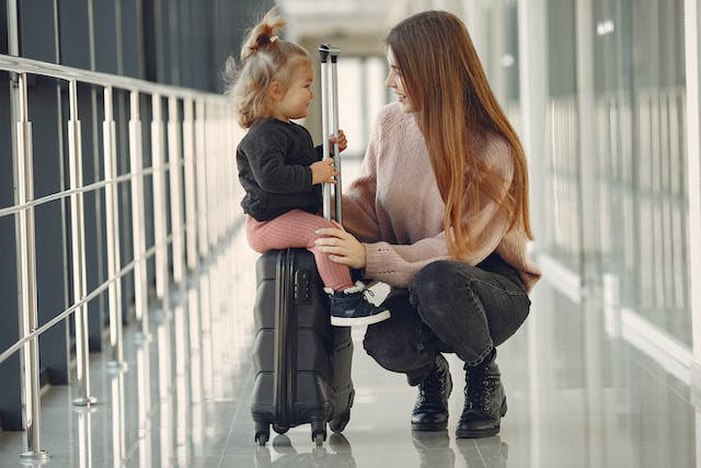

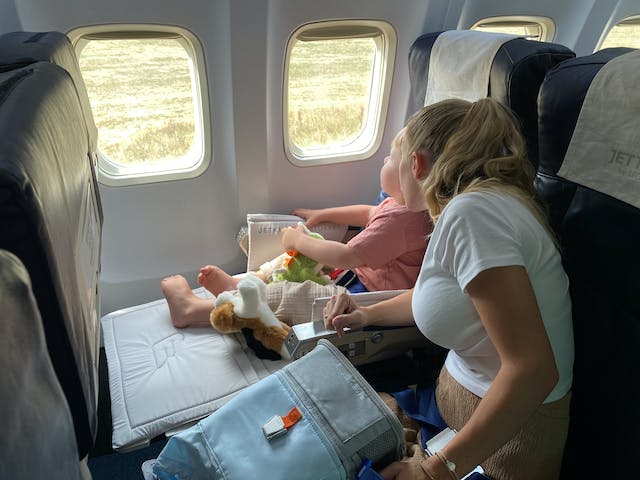

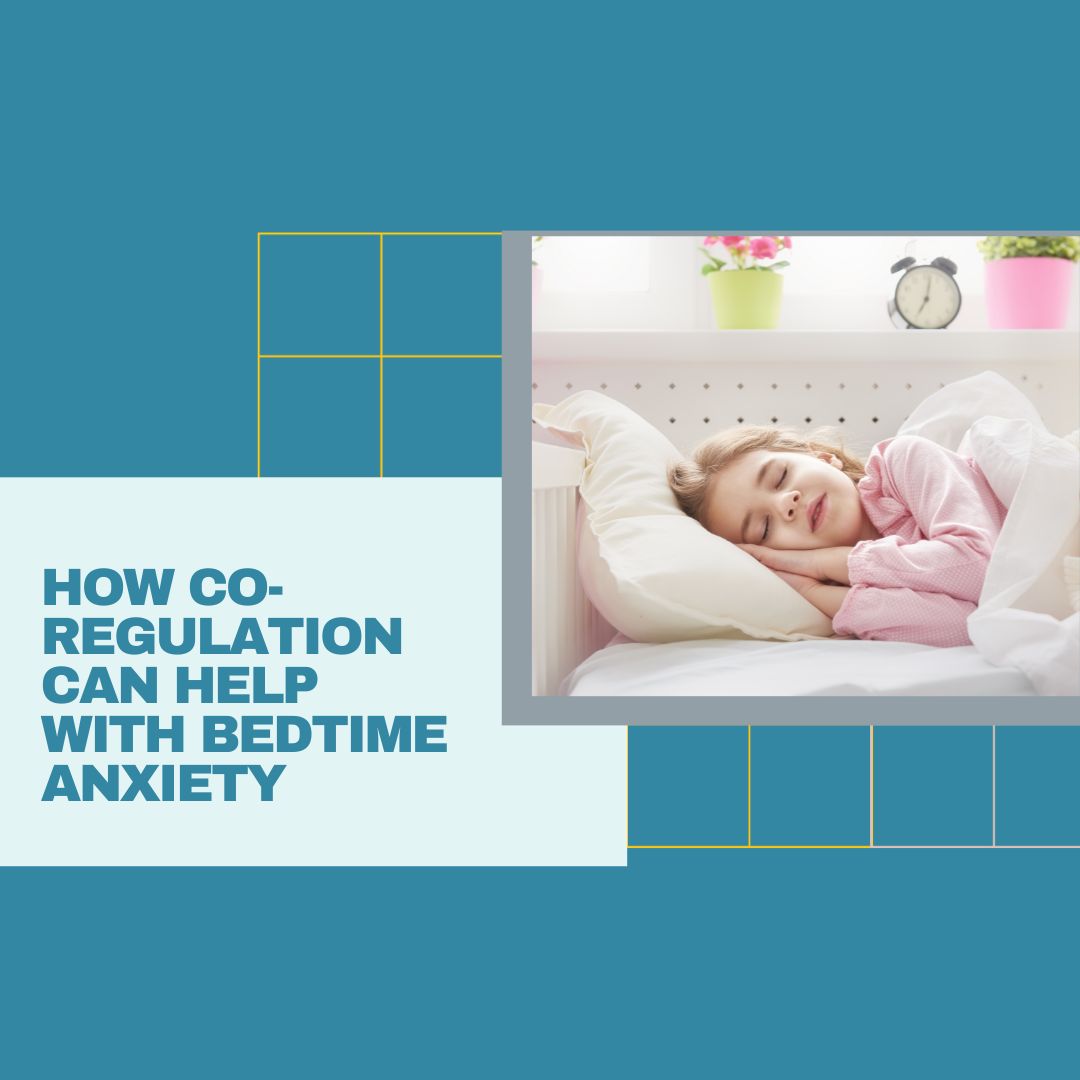
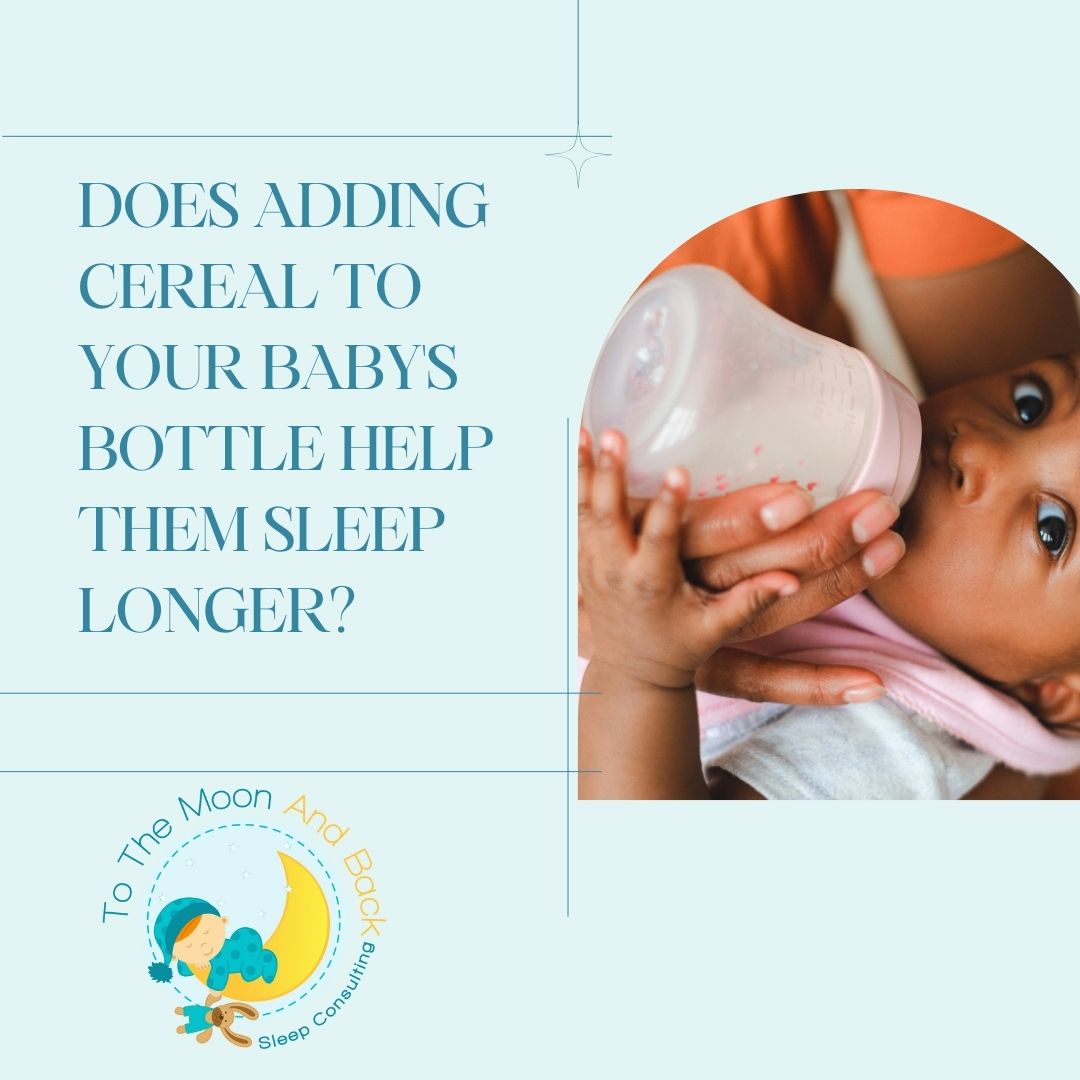


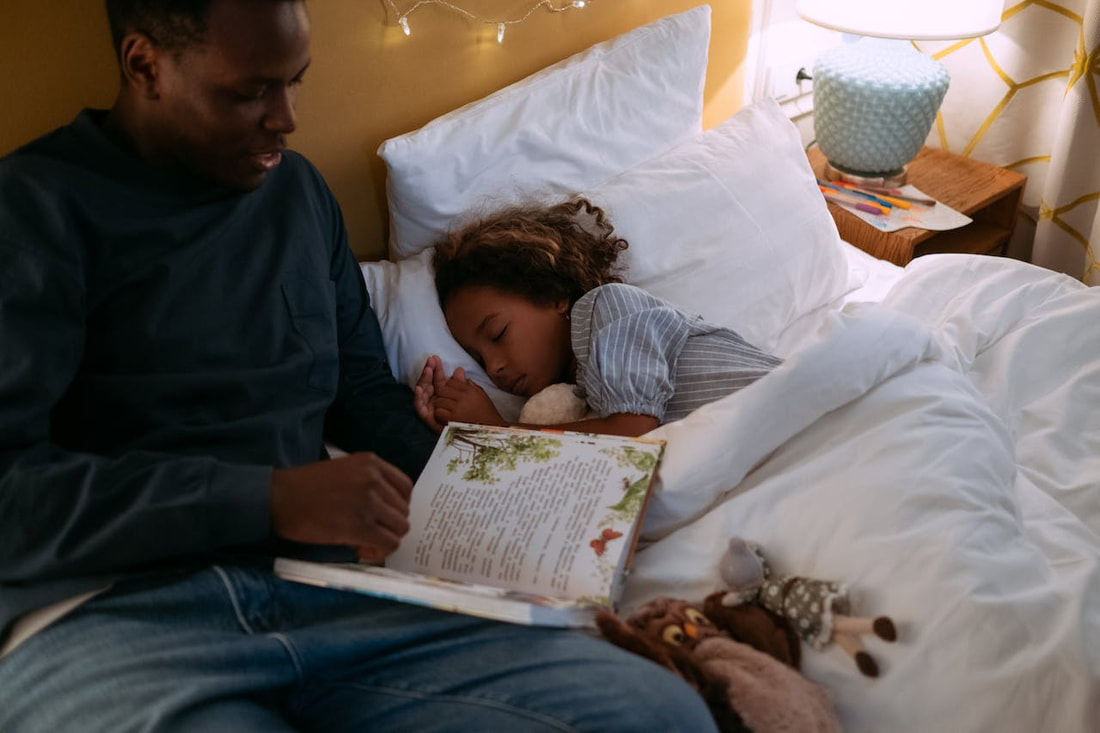






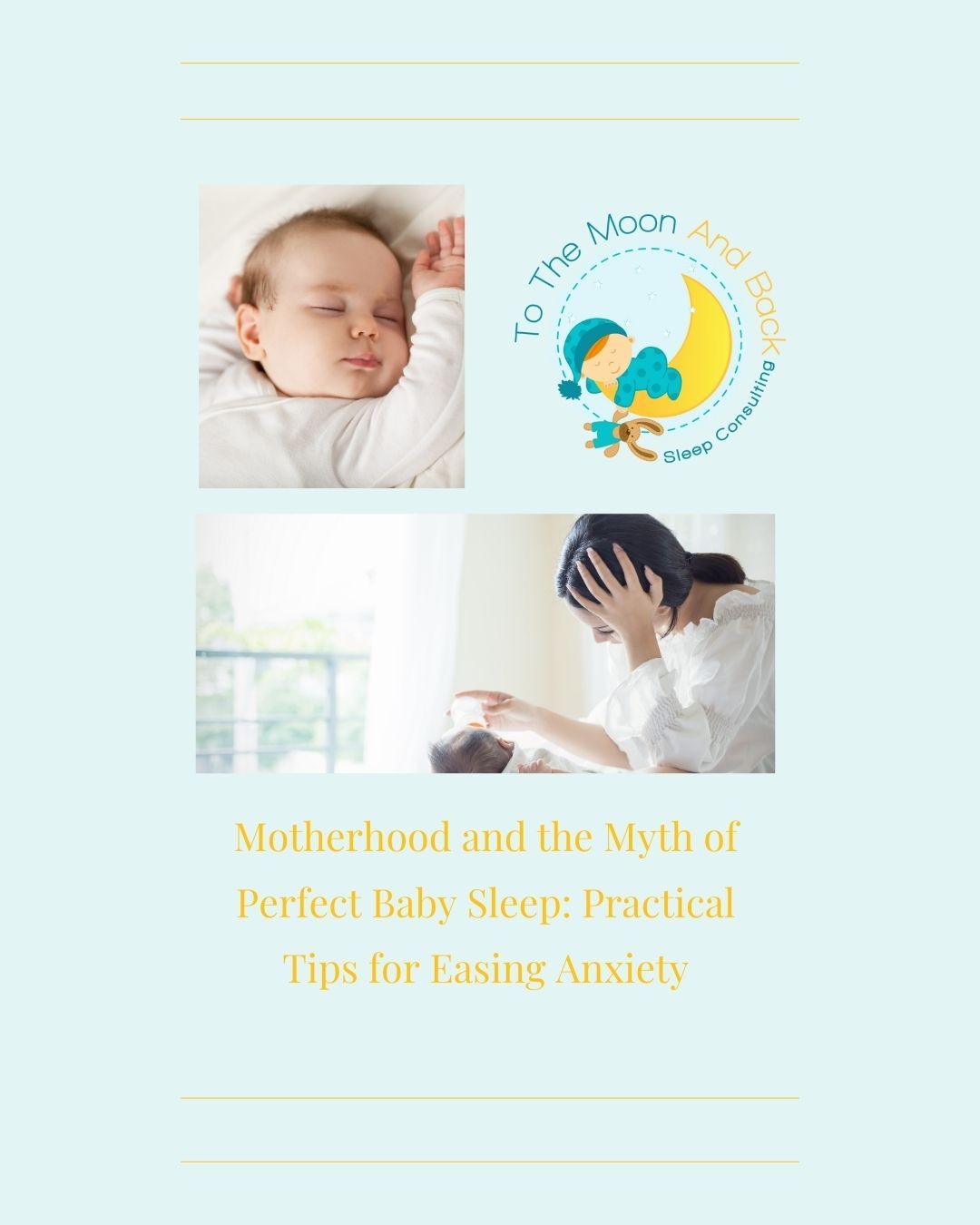
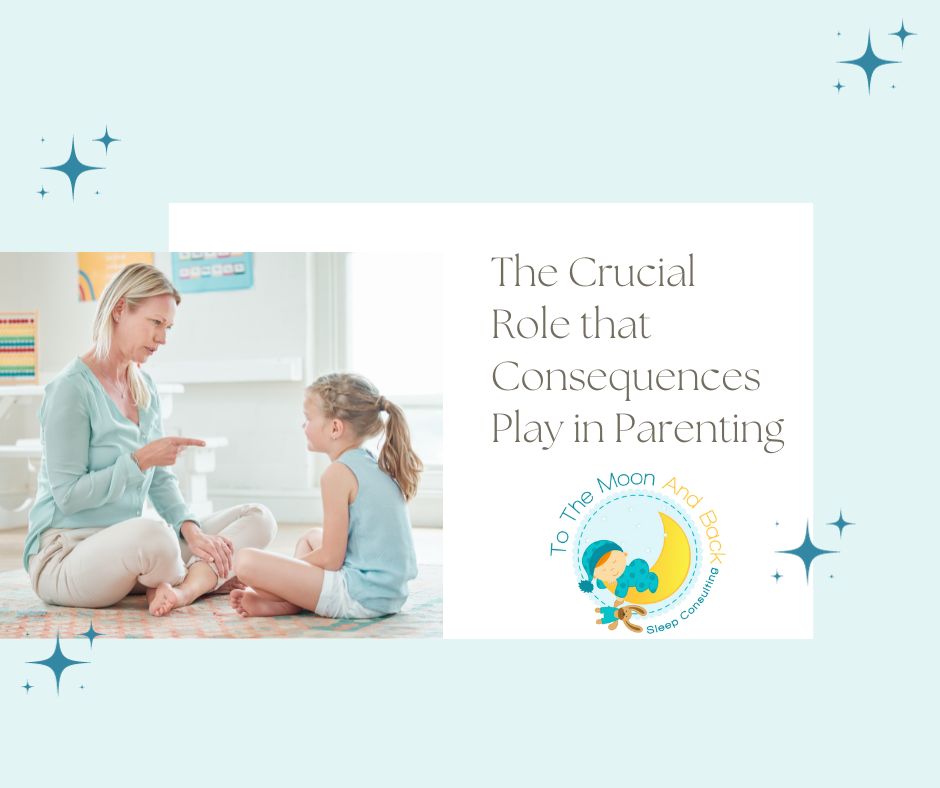
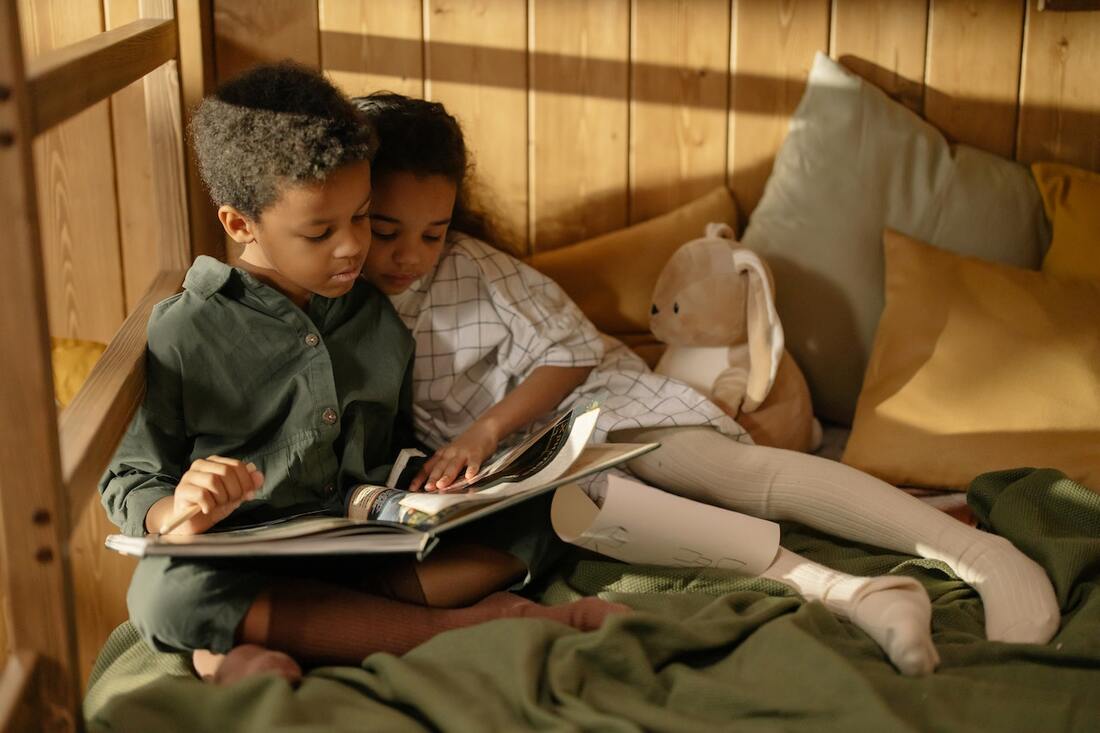

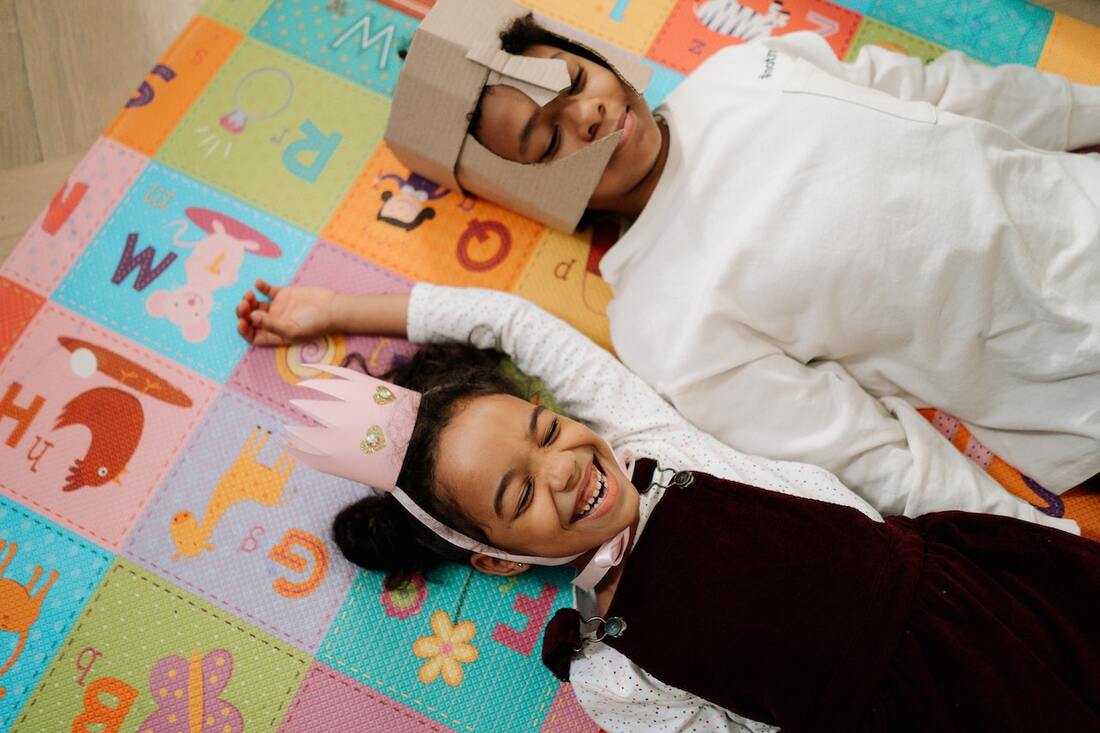
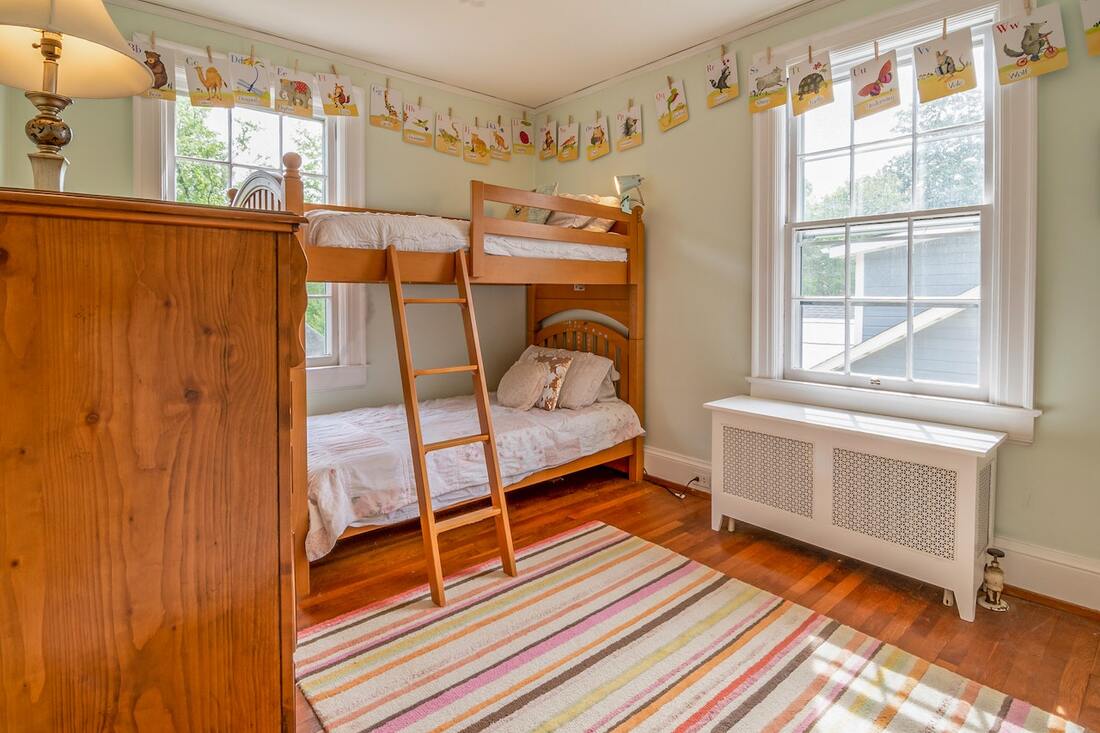
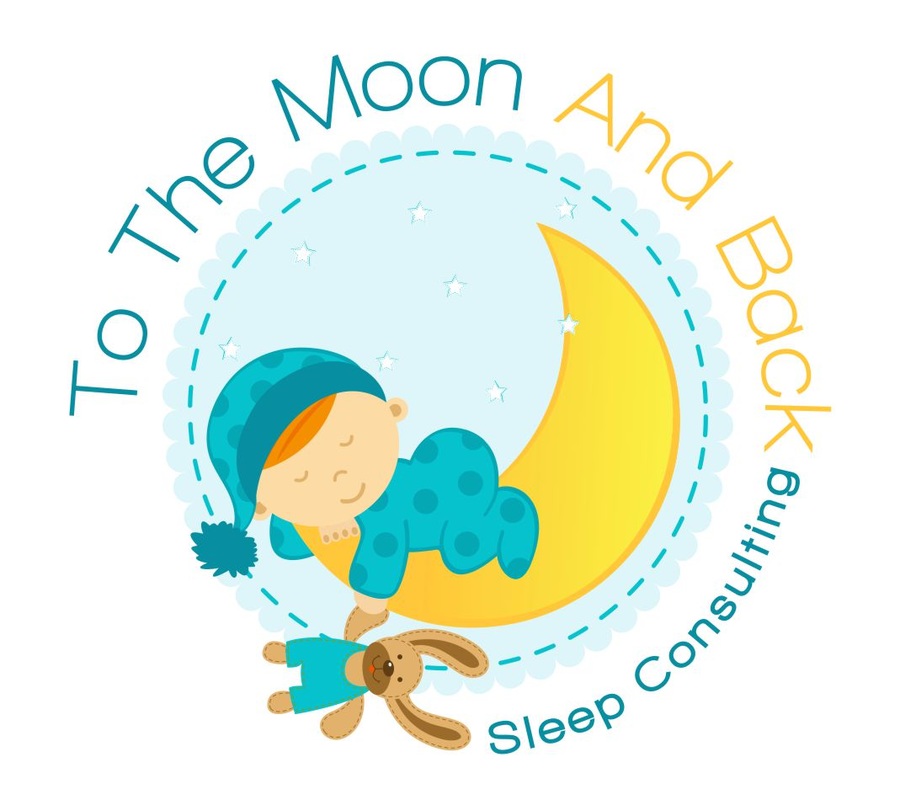




 RSS Feed
RSS Feed







